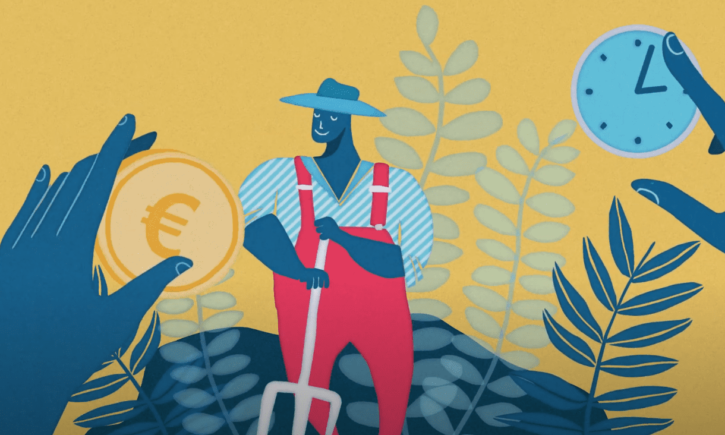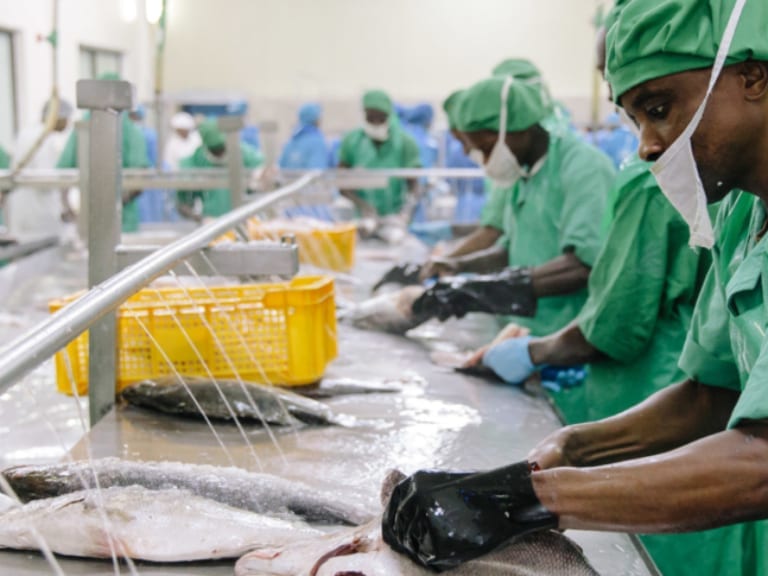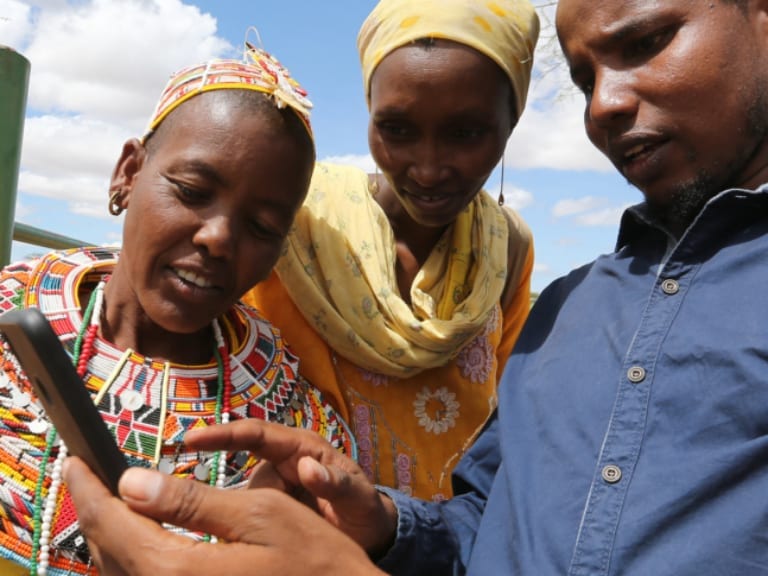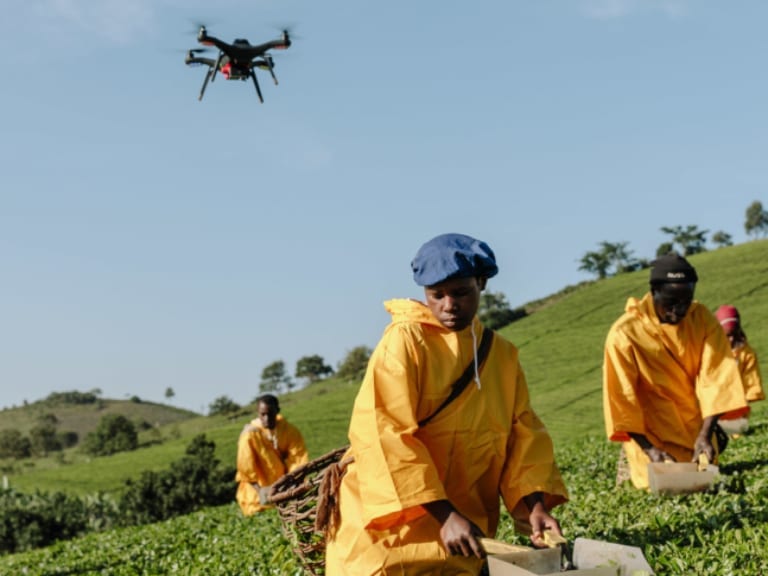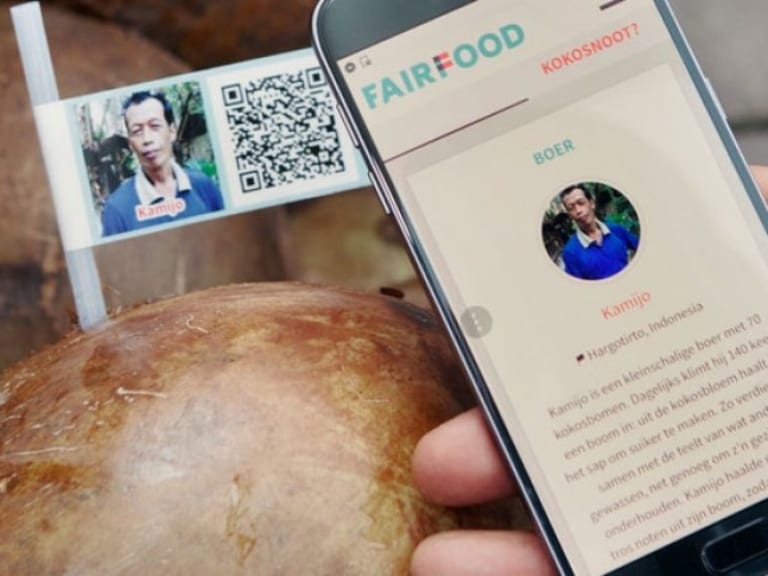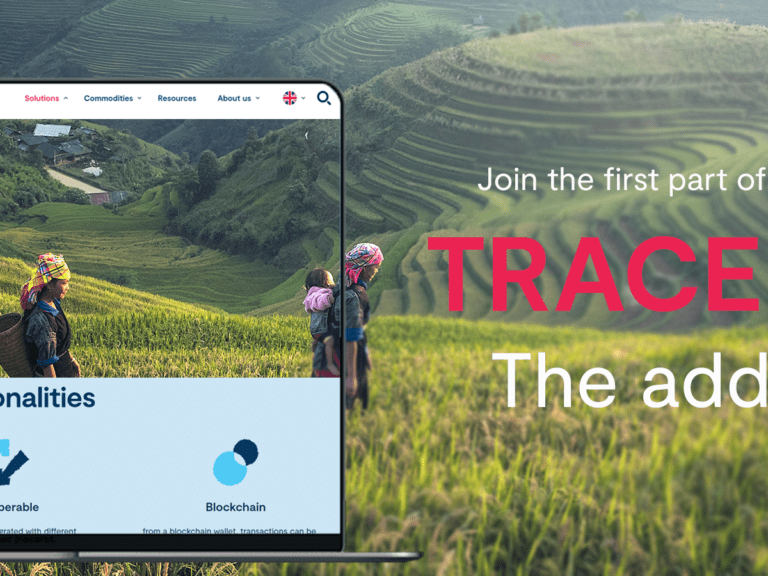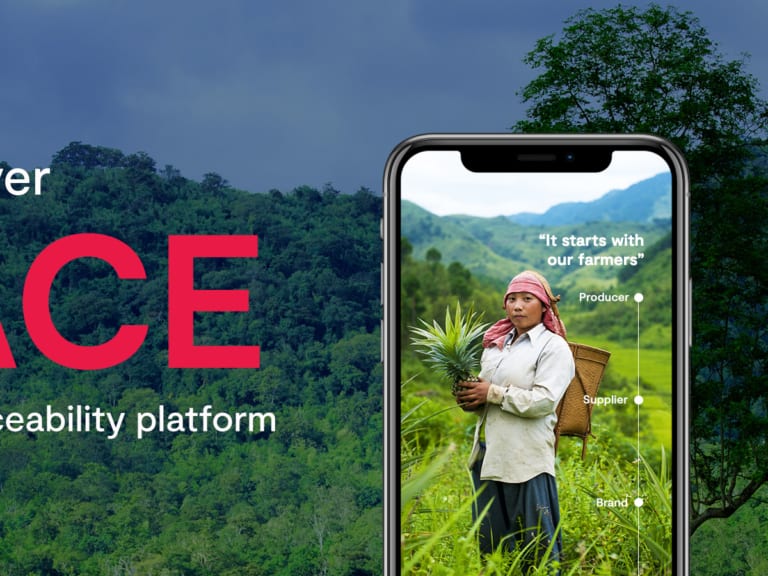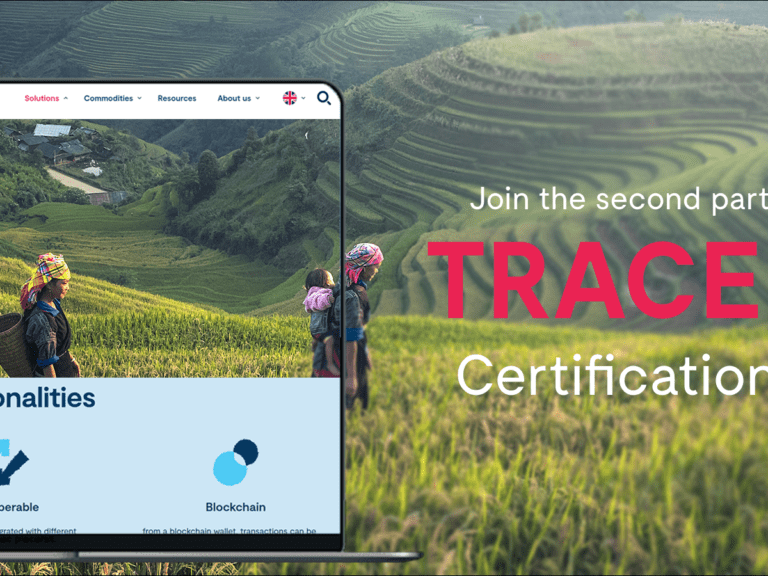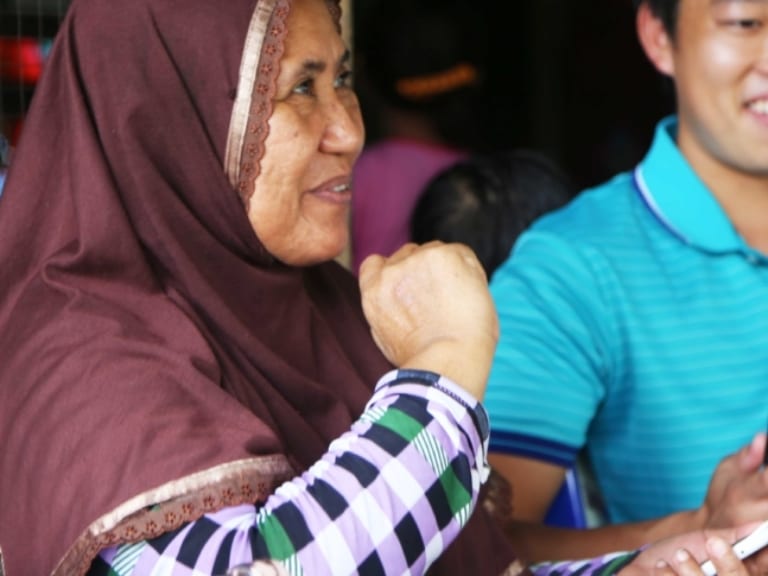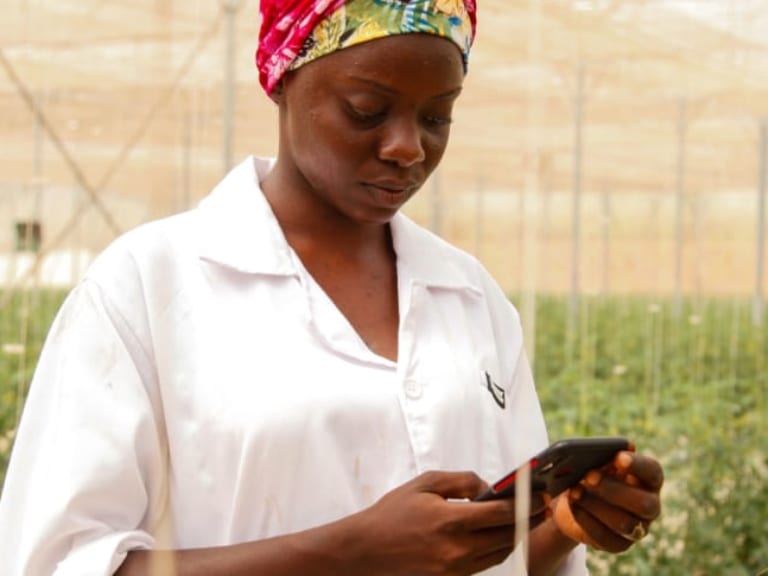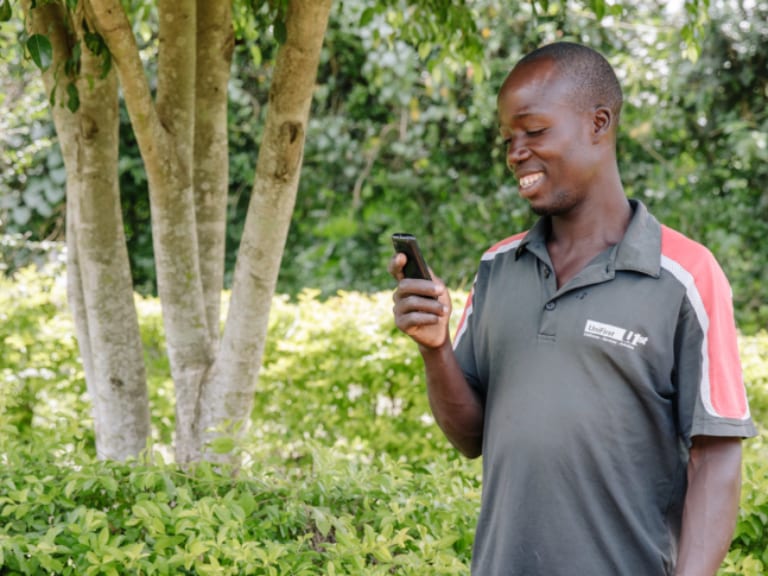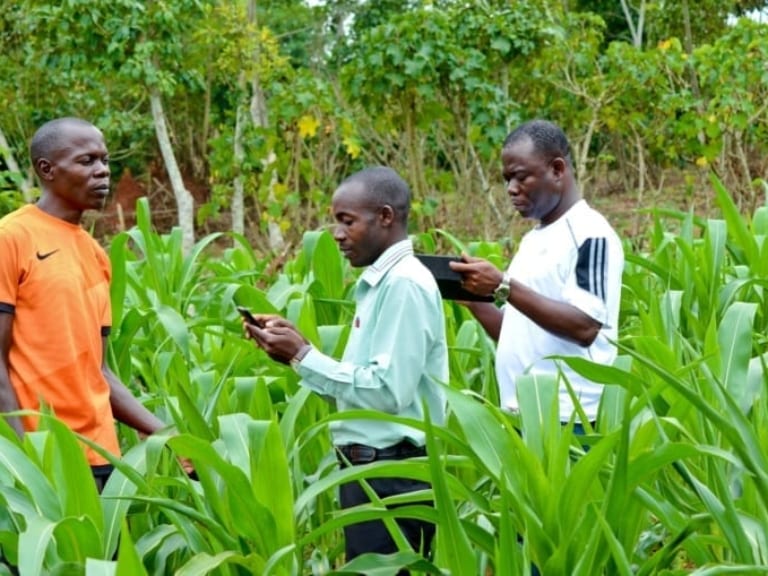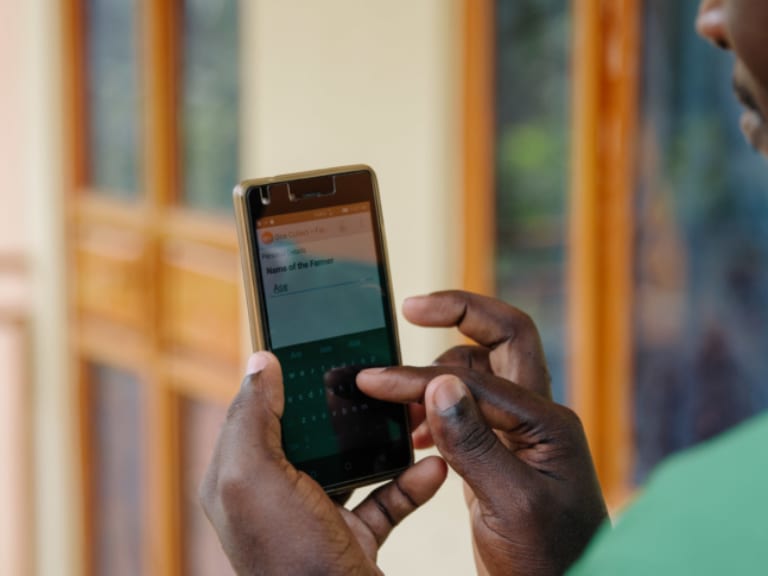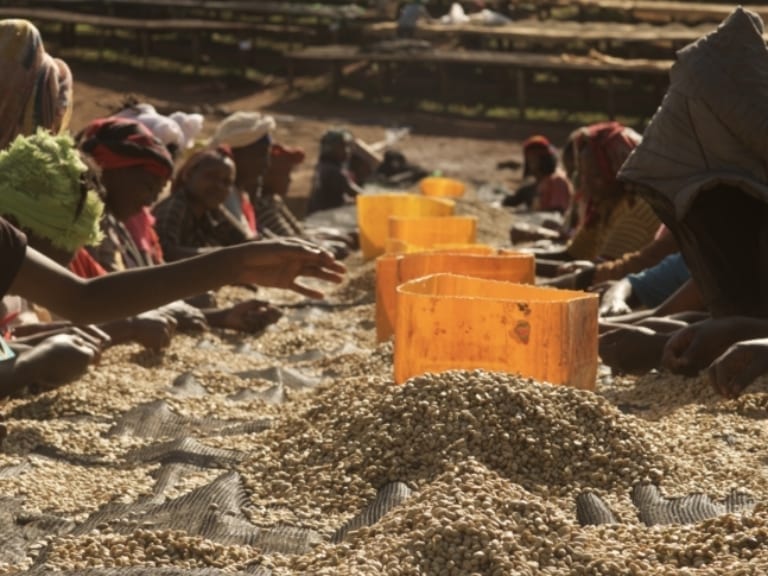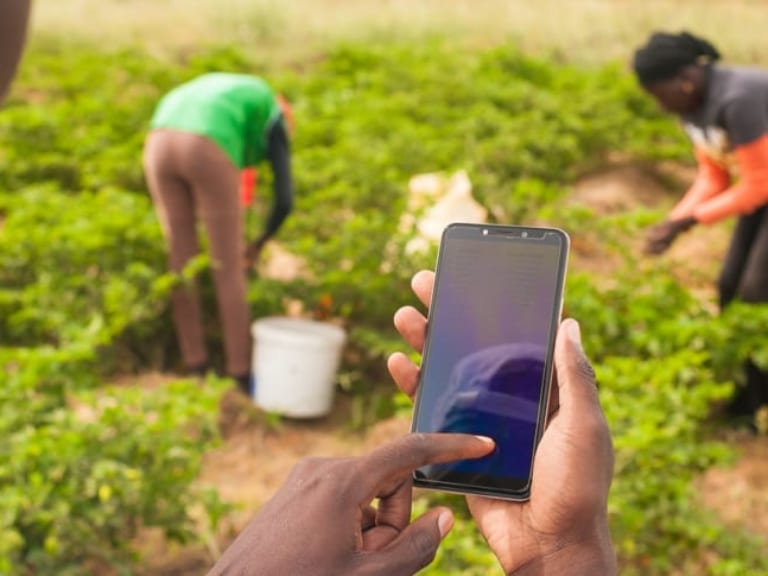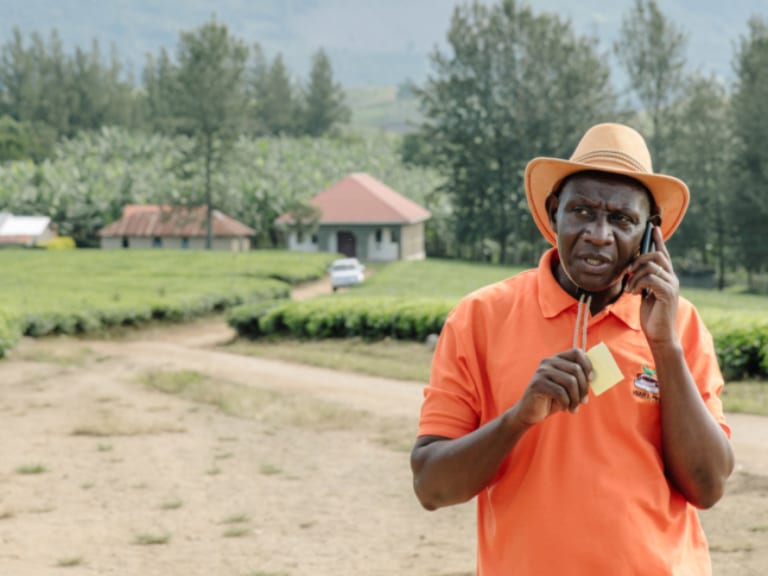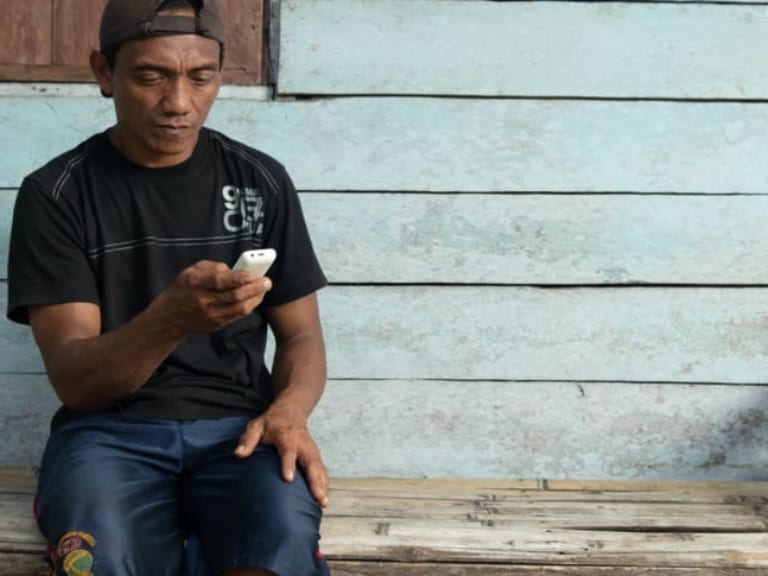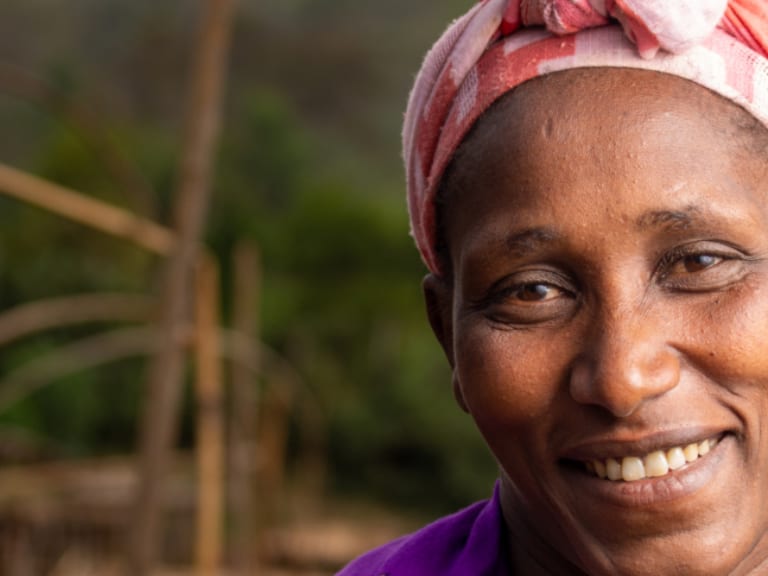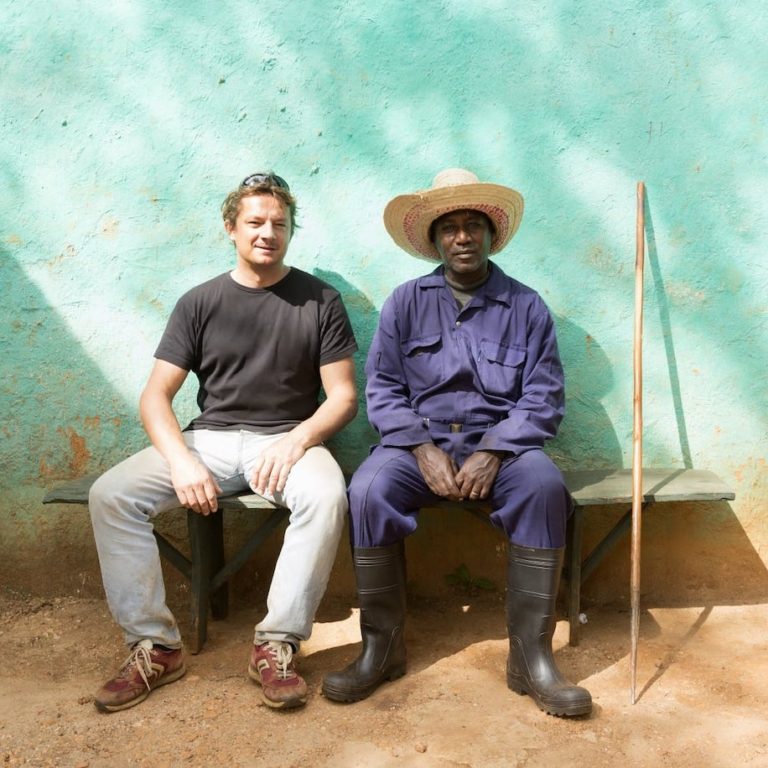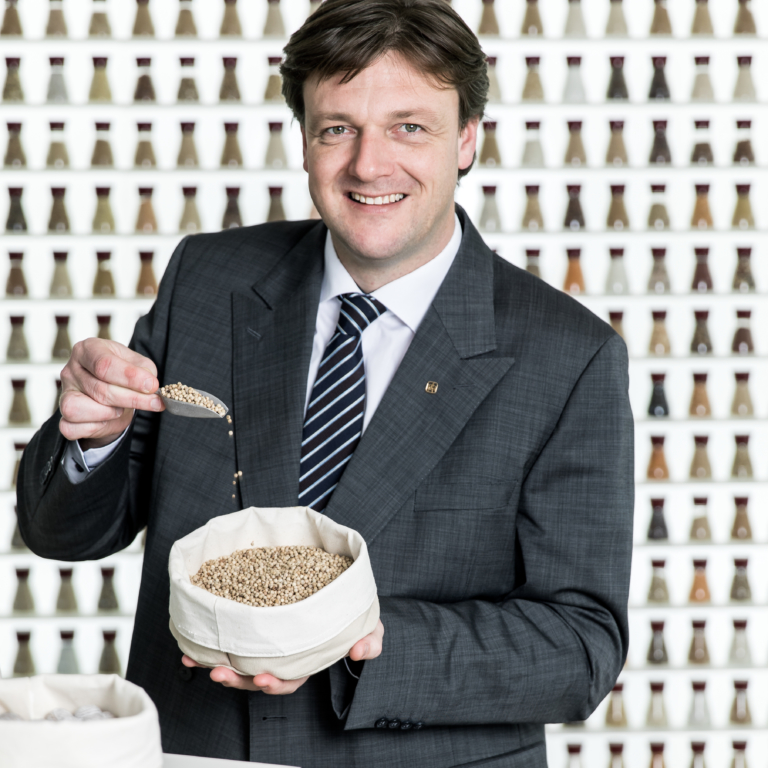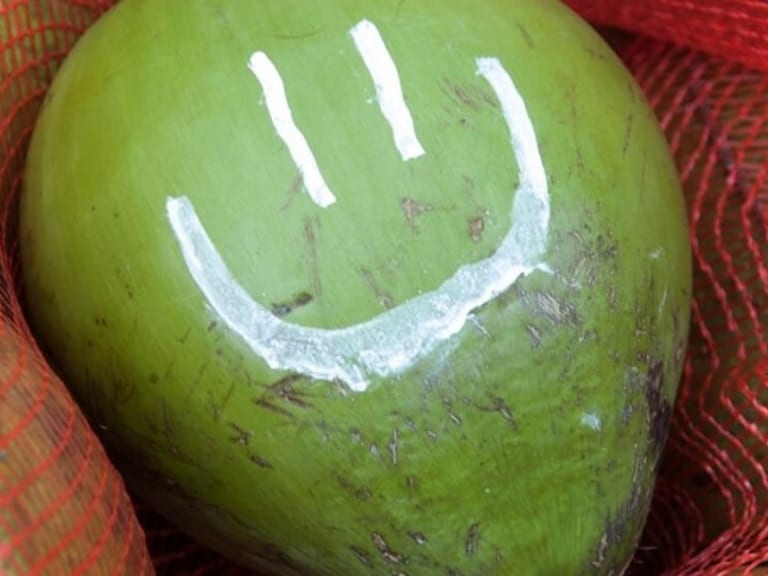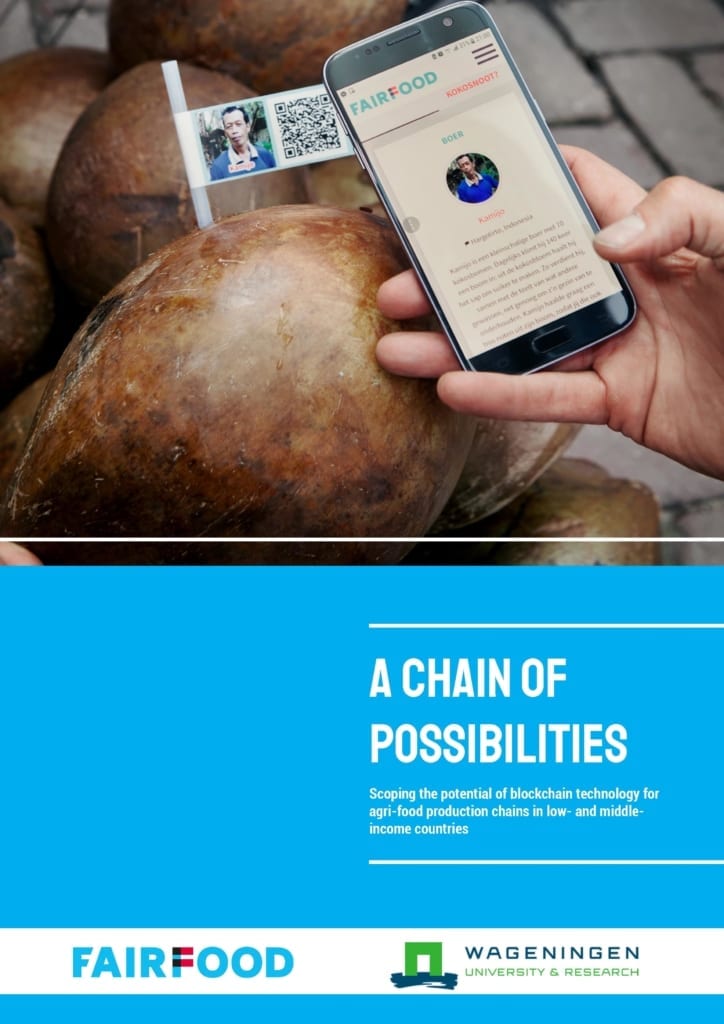Blockchain in food supply chains
Discover how blockchain can transform our food system by addressing urgent issues such as food fraud, food recalls & exploitation of smallholder farmers.
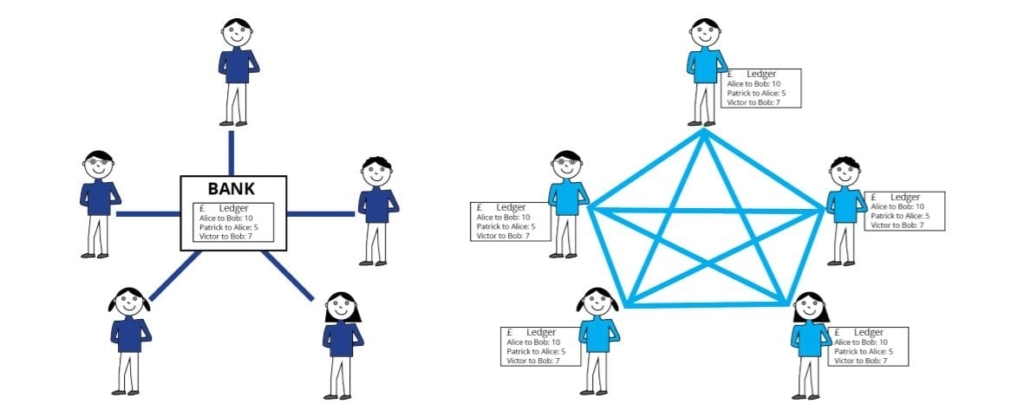
What is a blockchain?
Blockchain is a distributed ledger (a list of transactions) that allows for information to be captured and shared in a network. In this network, each member maintains their own copy of the information and all members must validate and store each update collectively. By doing so, every member is always working with the same information which can provide online systems a single source of truth to work with. In a way blockchains are very similar to a Google sheet but slightly different as blockchains only allow data to be added and once added, it can never be removed.
Blockchain has three basic functionalities which can provide many different solutions for agri-food supply chains and smallholder farmers. Firstly, blockchain facilitates direct peer to peer transactions. Secondly, blockchain facilitates fully transparent and secure data storage. Lastly, blockchain allows for logic and agreements to be executed automatically. These three basic features can ultimately lead to more inclusion, more transparency and better cooperation within food supply chains.
Learn the added value of blockchainOur blockchain solution Trace
Trace is our blockchain solution that helps food companies discover their supply chain, track their products, verify their brand promises and tell their full and honest product story to their customers.
Deze video wordt niet getoond omdat er (nog) niet akkoord is gegaan met het plaatsen van cookies.
Wijzig keuze
